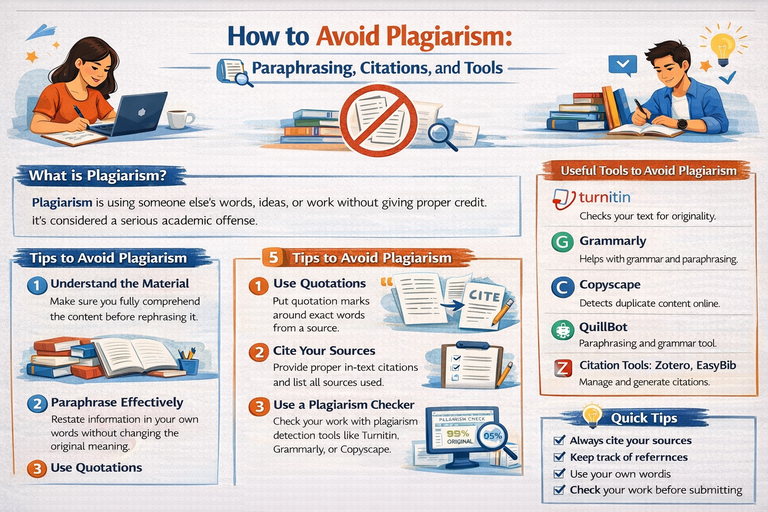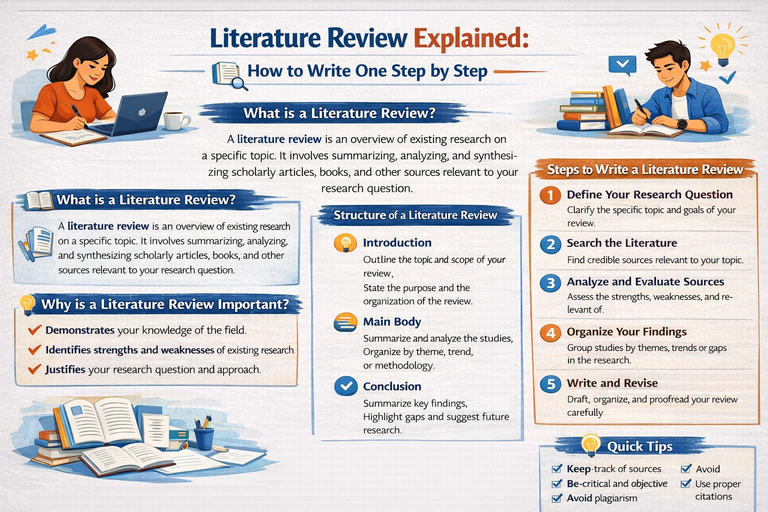The Role of Scholarships in Coming-of-Age Novels
Coming-of-age novels explore the emotional, psychological, and moral growth of young protagonists as they transition into adulthood. In many of these stories, scholarships play a pivotal role—not only in shaping the protagonist’s academic journey but also in representing deeper themes such as identity, class, independence, and transformation. More than financial aid, scholarships often symbolize the chance to escape, evolve, or prove oneself.
This blog post explores the central role scholarships play in coming-of-age literature and how they help illuminate the challenges and triumphs of growing up.
Scholarships as a Gateway to Self-Discovery
In coming-of-age novels, characters often feel constrained by their environments—whether it's a small town, a troubled family, or a rigid society. Scholarships serve as a mechanism for liberation. They allow protagonists to leave behind familiar constraints and enter new worlds filled with different values, expectations, and challenges.
Take the example of A Tree Grows in Brooklyn by Betty Smith. The protagonist, Francie Nolan, grows up in poverty in early 20th-century Brooklyn. Her relentless pursuit of education is fueled by the belief that schooling can provide a better life. Francie’s access to education—though not through a formal scholarship—represents the core idea that knowledge can lead to personal and social mobility. In a similar vein, many modern protagonists win scholarships that mark their first real step toward independence and self-awareness.
For young characters, a scholarship isn't just money—it’s permission to dream.
A Symbol of Merit in an Unequal World
Scholarships in coming-of-age novels often reinforce the idea of meritocracy—the belief that talent and hard work will be rewarded. But fiction doesn't always present this ideal without critique. Instead, it explores the emotional weight carried by scholarship recipients who feel the pressure to succeed not only for themselves but also for their families and communities.
In I Am Not Your Perfect Mexican Daughter by Erika L. Sánchez, the protagonist Julia aspires to leave her working-class Mexican-American neighborhood and attend college in another city. Her academic achievements and scholarship opportunities serve as both a hope and a burden. She battles guilt, identity conflicts, and familial expectations—all of which are heightened by the fact that her success could mean breaking away from her cultural roots.
Similarly, Educated by Tara Westover (though a memoir, it mirrors coming-of-age fiction) portrays how scholarships enabled Westover to step outside her isolated, survivalist upbringing and begin to form an independent identity. The scholarship becomes a symbol not only of achievement but of painful emotional growth and confrontation with the past.
Scholarship Recipients as Outsiders
A recurring theme in coming-of-age novels is the feeling of being an outsider, and scholarships often amplify this. A student from a marginalized background entering an elite academic setting might find that although they’ve earned a place at the table, they still don’t feel like they belong.
In The Disreputable History of Frankie Landau-Banks by E. Lockhart, Frankie navigates life at a prestigious boarding school filled with privileged classmates. Though not a scholarship student herself, the narrative critiques institutional elitism, and a scholarship character would fit naturally into this environment—someone who sees the school's social codes with sharper eyes because of their outsider status.
Books like The Secret History by Donna Tartt and Prep by Curtis Sittenfeld feature scholarship students immersed in elite educational environments, surrounded by wealthy peers. These students often struggle with identity, envy, and the pressure to assimilate, raising questions about whether access to opportunity equates to true belonging.
Tensions at Home: Breaking Away from the Familiar
Another hallmark of the coming-of-age journey is the tension between home and the new world—between loyalty and growth. Scholarships often act as the fork in the road. The protagonist must choose between remaining in a familiar, often limiting environment or stepping into the unknown with the promise of opportunity.
In Bitter by Akwaeke Emezi, the main character earns a place in a prestigious art school, escaping the violence of her home city. Yet even in this "safe space," she confronts new struggles. Her scholarship is a bridge to a different kind of world—but not necessarily an easier one. The challenge becomes how to maintain authenticity while adapting to unfamiliar environments.
This internal struggle is mirrored in other works like The Hate U Give by Angie Thomas, where Starr Carter attends a private school on a scholarship while living in a poor neighborhood. Her life is split in two, and the scholarship becomes both a blessing and a burden. It gives her access to opportunity but forces her to live with a double consciousness—never fully at home in either world.
Scholarships and Gendered Expectations
Coming-of-age novels also use scholarships to explore how gender shapes access to opportunity. For female protagonists, winning a scholarship can be a defiant act—a break from traditional gender roles and expectations.
In Jane Eyre by Charlotte Brontë, Jane’s journey from orphan to governess is largely built on education. Though the novel predates modern scholarship systems, Jane’s access to schooling at Lowood Institution and later her position as a teacher function similarly: they offer her independence, self-respect, and choices. Jane’s pursuit of learning is a quiet form of rebellion against the Victorian limitations placed on women.
In contemporary fiction, young women who win scholarships often navigate complex intersections of gender, class, and cultural expectations. Their journeys are rarely simple, but the scholarship acts as an enabler of self-empowerment.
Scholarships as Emotional Turning Points
In many novels, the moment a character receives a scholarship is more than just plot advancement—it's an emotional turning point. It validates the character’s worth, sets them on a new path, and often creates a rift with their past.
In Looking for Alaska by John Green, Miles enrolls in a boarding school where he meets Alaska and others who change his worldview. Though not directly focused on scholarships, the novel’s boarding school setting evokes the kind of environment where financial aid often brings together students of differing means, values, and experiences. These clashes and friendships help shape the characters’ inner lives.
Scholarships in such contexts aren’t just about moving upward—they’re about moving inward, confronting unresolved traumas, insecurities, and the painful process of becoming oneself.
Realism vs. Romanticism
Coming-of-age fiction balances realism and romanticism when portraying scholarships. On one hand, scholarships are painted as a golden key to a better life. On the other, authors often reveal the harsh truths behind this promise. Success doesn’t come easily; social barriers remain; mental health can suffer.
In The Absolutely True Diary of a Part-Time Indian by Sherman Alexie, Junior leaves his Native American reservation to attend a better (mostly white) school. Though academically talented, he faces racism, loneliness, and guilt for leaving his community behind. His scholarship-like opportunity is transformative, but the price he pays is steep.
This duality—the idea that growth comes with loss—is central to the genre and gives scholarship narratives their emotional complexity.
Conclusion: Scholarships as Mirrors of Growth
In coming-of-age novels, scholarships are more than financial awards. They reflect everything the genre stands for: transition, challenge, identity, and transformation. They are the vehicle through which young protagonists are forced to examine who they are and who they want to become.
These stories remind readers that while scholarships can offer escape from economic or social limitations, they often introduce new forms of struggle—internal conflict, cultural dislocation, and social alienation. Yet it is through facing these struggles that characters mature.
Whether they become doctors, artists, rebels, or simply better versions of themselves, the scholarship is often the spark that ignites their coming-of-age journey. In this way, fiction continues to celebrate scholarships not just as instruments of education, but as pathways to personal revolution.







